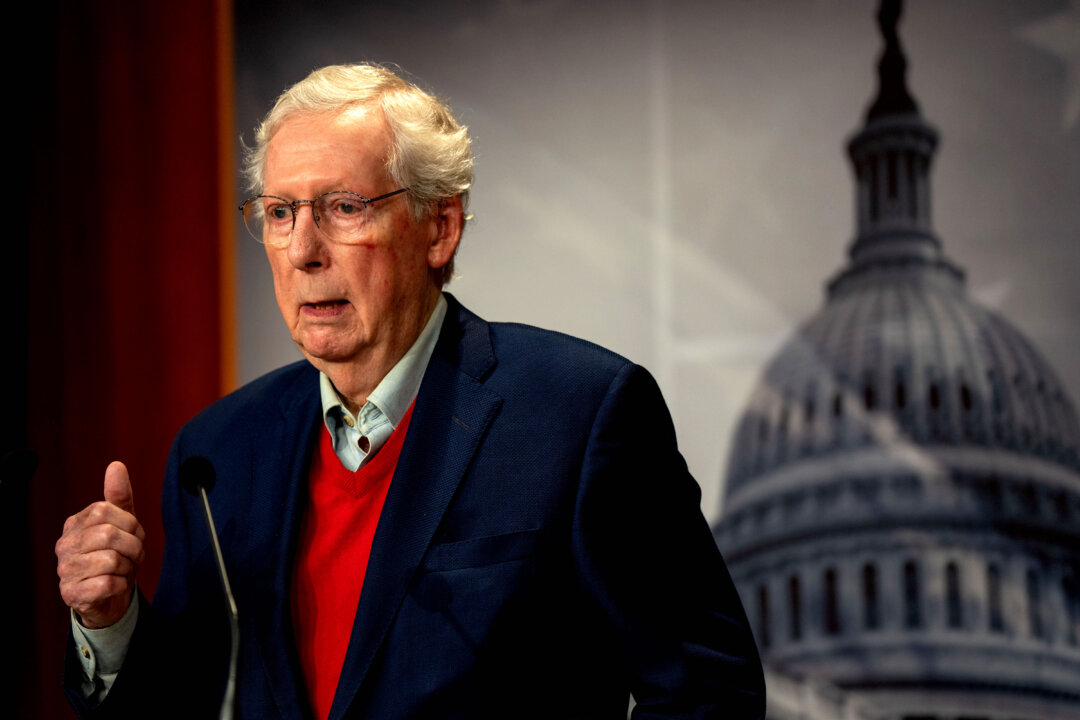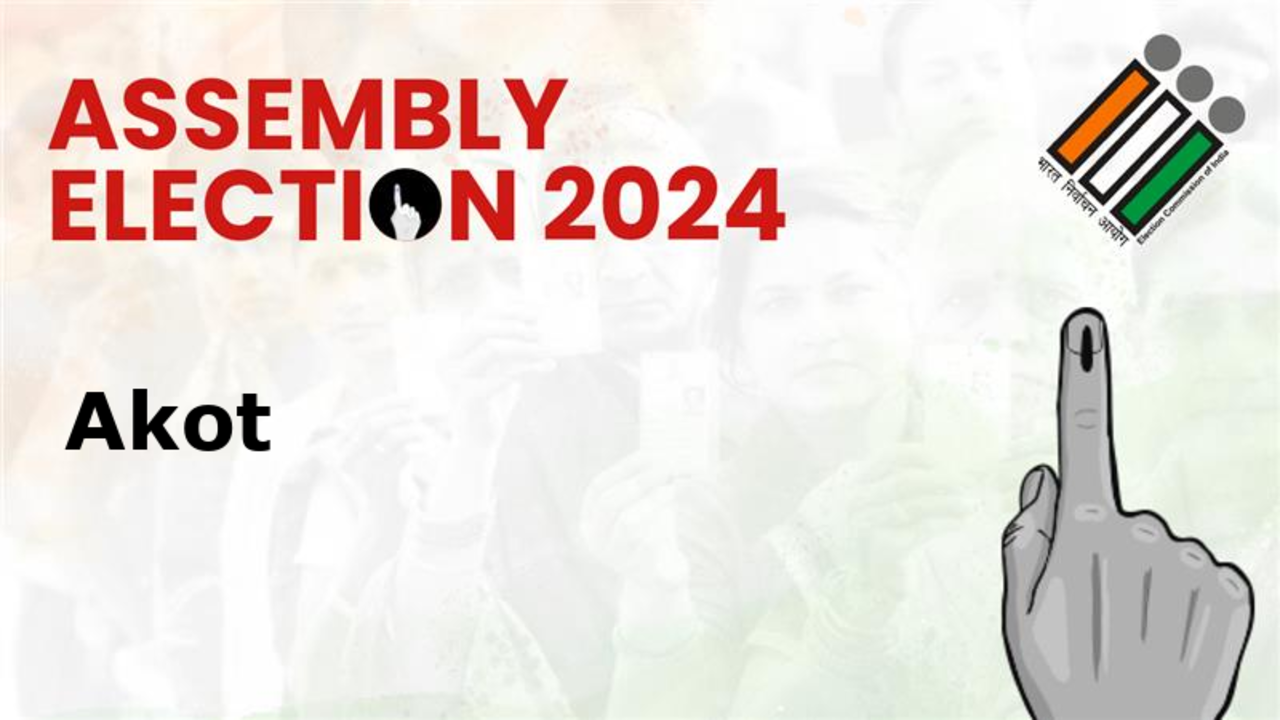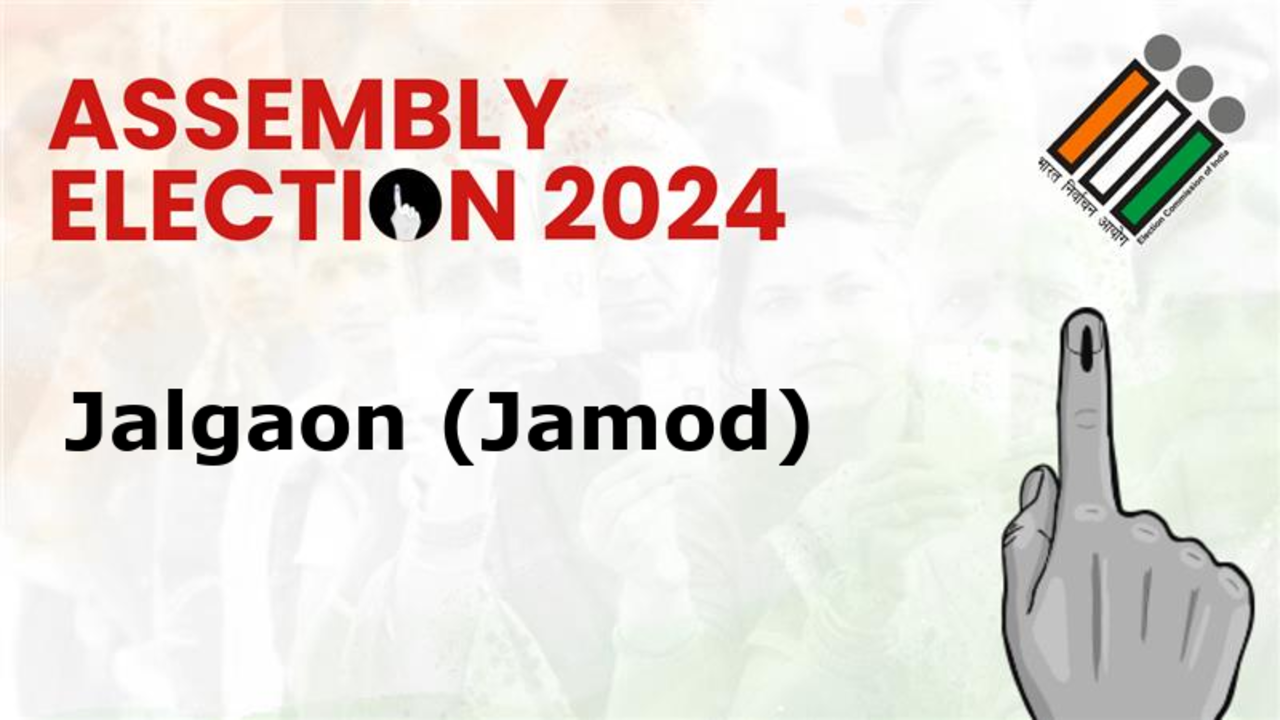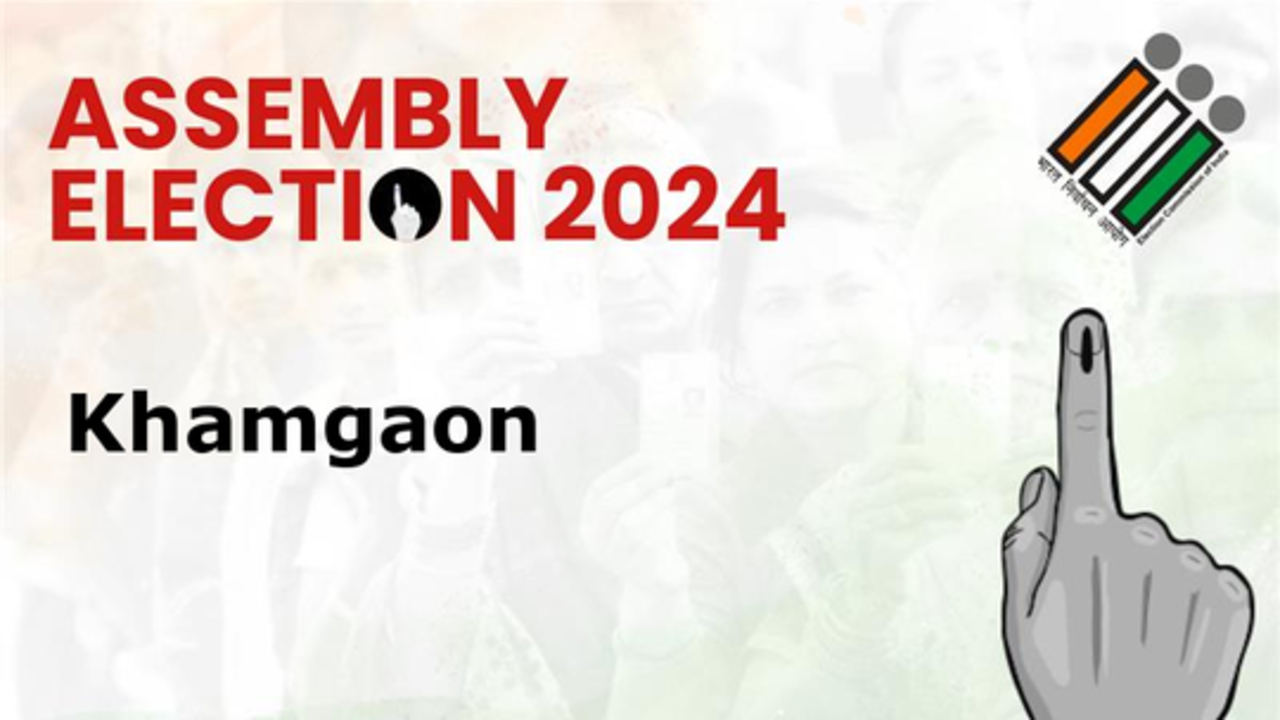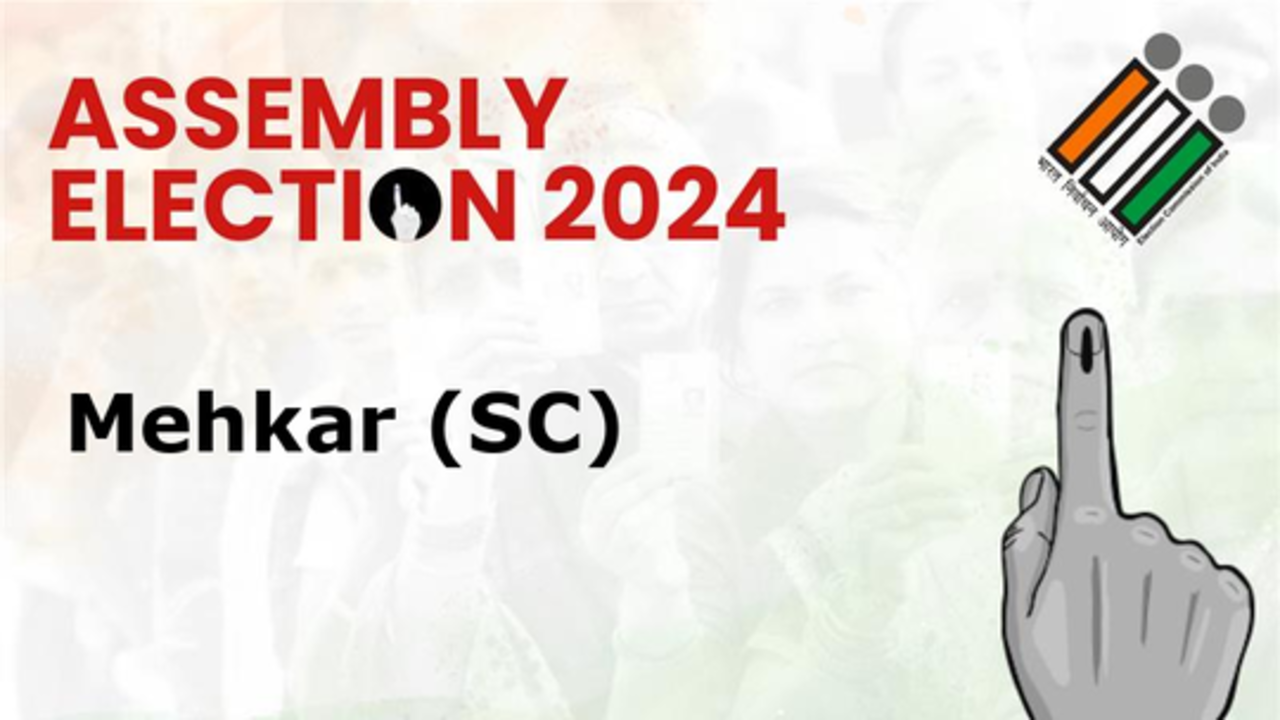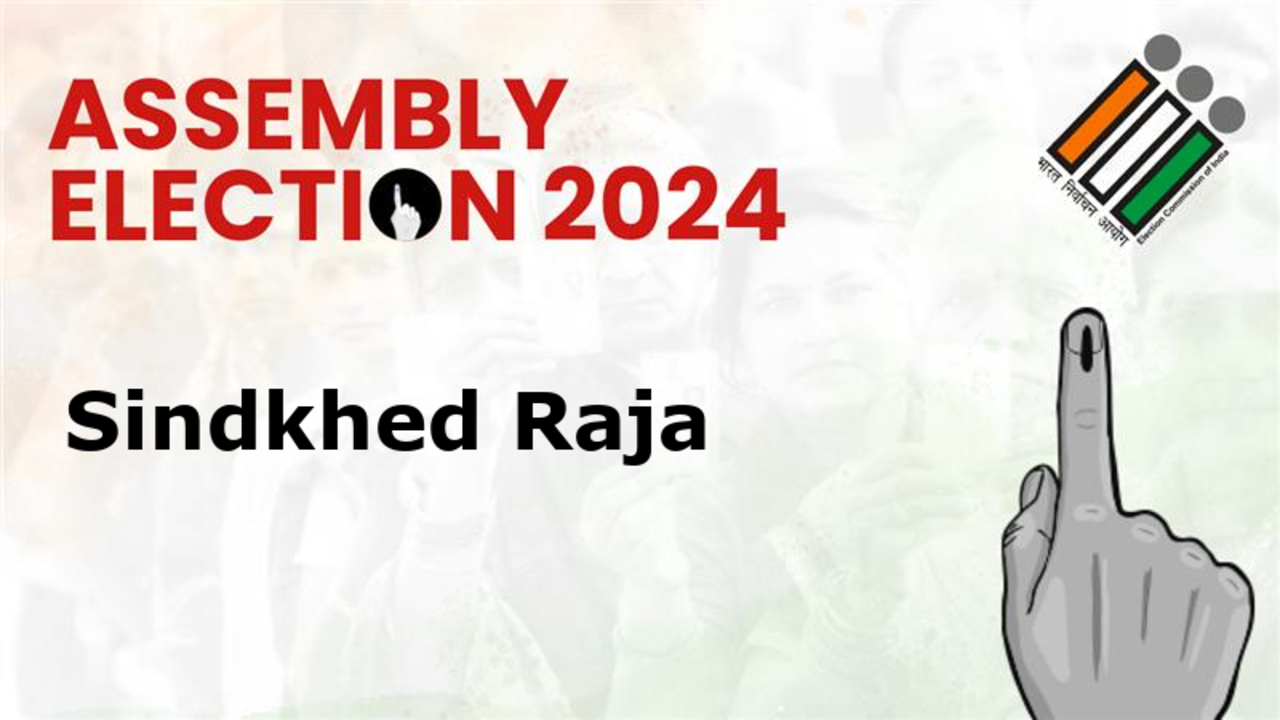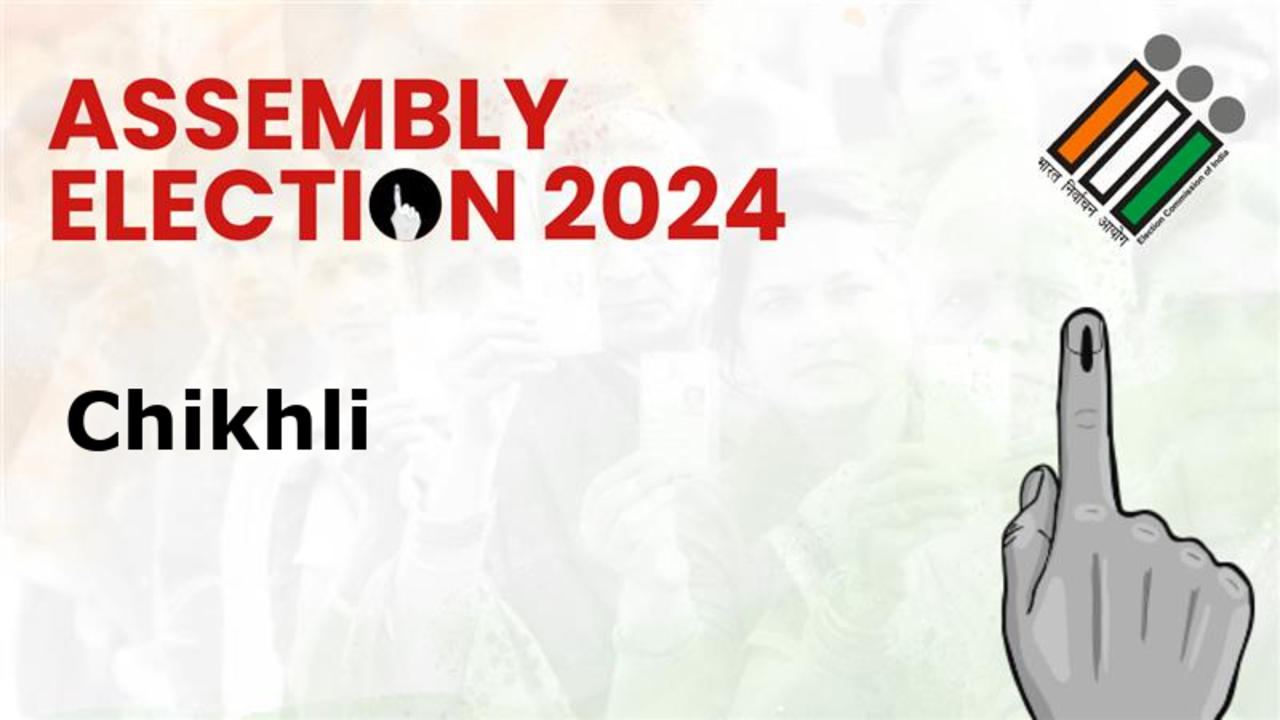
I was so pleased on Election Night to learn that Sarah McBride of Delaware was voted the first openly trans member of the U.S. House of Representatives.
I am a trans ally; knowing that there is at least one member of Congress who understands and cares about issues facing trans people made me feel a little bit of hope. I am also worried for McBride. The 2024 Trump campaign aired anti-trans ads intended to scare voters about trans women, drag queens and nonbinary people.
“Kamala is for they/them. President Trump is for you,” one ad summarized, framing support for trans people as being inherently against non-trans people. Kelley McDaniel is a resident of Portland.
It reminded me of the earlier campaigns against LGBTQ civil rights and the fight for same-sex marriage, both of which I am old enough to remember. There was this belief that civil rights for gay and lesbian people somehow diminished the rights of heterosexual people, or that granting same-sex couples the right to marry compromised heterosexual marriages. The earlier campaigns against LGBTQ civil rights and same-sex marriage both used a similar tactic to the anti-trans ads: othering.
“Othering” is when you try to make your enemy seem intrinsically different and alien from you (and your supporters) to the point where your enemy is unrelatable on a human level. I remember a relative who, when they sat or stood next to me, was careful not to have any part of them touch me. I used to jokingly say that they were afraid of getting lesbian cooties, but the fact is that it was hurtful to me.
Underneath the joke about cooties was the question, “Am I that gross to you?” According to the Human Rights Campaign Foundation , there are an estimated 2 million transgender people in the United States. According to the Pew Research Center , in 2016, 30% of adults in the United States knew someone who was transgender, as compared to 87% knowing someone who was gay or lesbian. In 2021, the number of adults personally knowing a transgender person rose to 42%.
Harvey Milk famously encouraged gay people to “come out”: “You must come out. Come out to your parents. Come out to your relatives.
Come out to your friends. Come out to your neighbors. Come out to your co-workers, to the people who work where you eat and shop.
” But there is always a level of risk in “coming out” to family, friends and acquaintances, especially if you see or hear them express anti-LGBTQ sentiments. Decades ago, I remember planning to come out as gay to a family member only to hear them say that lesbians deserved to be raped, which immediately caused me to cancel my coming-out-to-them plans. That comment was an example of the consequences of “othering”: a usually nice and reasonable person buys into the idea that LGBTQ people are so different and so wrong – so “other” – that they deserve to be victimized, in this case by sexual assault.
And that’s why we need allies to stand up for us and with us, to speak out against the “othering” of LGBTQ people, especially during the campaigns for (and against) LGBTQ rights. It is often safer for allies to speak up and speak out than it is for the targets. Speak up and speak out against anti-trans rhetoric and anti-trans policies, like bans on gender affirming medical care, a renewed ban on transgender people in the military and the decision to no longer allow people to change their gender on government issued IDs.
Trans people are not your enemy. There may even be a trans person among your loved ones. Comments are not available on this story.
Send questions/comments to the editors..








